When Google announced the Pixel Watch 3 last summer, I'll be honest, the Loss of Pulse Detection feature sounded like another flashy tech gimmick to me. One of those throw-ins to spice up a press release. Then I dug into the research, including Google's study in Nature, and my view flipped. This isn't fluff. It could actually save lives.
The feature is available on Pixel Watch 3. Supported regions include Austria, Belgium, Denmark, France, Germany, Ireland, Italy, Netherlands, Norway, Portugal, Spain, Sweden, Switzerland, the UK, and the US, reflecting where Google completed regulatory and emergency integration work.
Availability depends on your physical location, not your purchase country or Google account, so emergency services routing works correctly. Both Wi-Fi and LTE models support the feature with differing calling paths. LTE can call directly, while Wi-Fi routes through your paired phone.
What this means for the future of wearable safety
This shifts wearables from reactive to proactive. The validation studies report minimal false positives, just 1 errant call in over 21 person-years of wear time. For a life-or-death alert, that is tight.
Google's research process had range. The team used 'stunt' participants and pneumatic tourniquets to simulate temporary pulselessness, then trained the algorithm on smartwatch data from people across ages, sexes, and skin tones. Studies included participants of diverse backgrounds, which helps the system work fairly across populations.
With FDA clearance and a U.S. rollout, the Google Pixel Watch 3 sits in a different lane than devices like Apple Watch Series 10 and Fitbit Sense 2. Those offer fall detection and irregular rhythm alerts. Loss of Pulse Detection targets the hardest gap, the unwitnessed cardiac event.
The system aims to opportunistically detect unwitnessed loss of pulse events and improve outcomes where survival rates are lowest. I started out skeptical, another big claim about algorithms and saving lives. After reading the methodology, watching the regulatory path, and picturing the real-world moments it could change, I'm optimistic. The best tech sometimes hums in the background, quiet until the instant you need it. Loss of Pulse Detection feels like one of those rare features that might actually deliver on its life-saving promise.




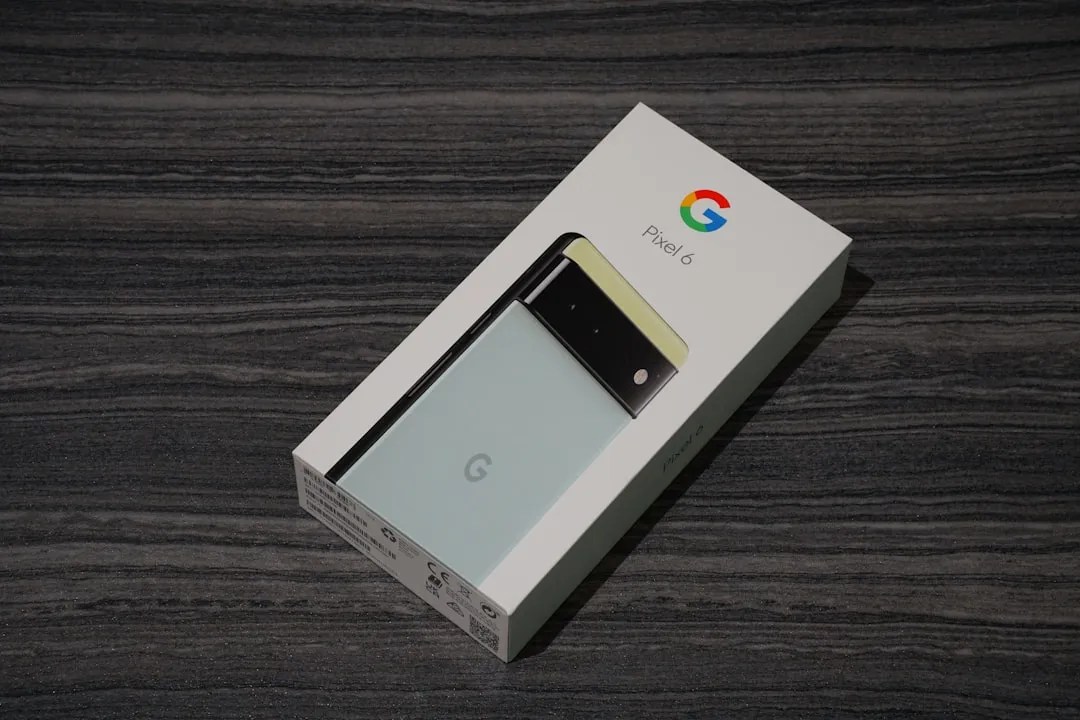
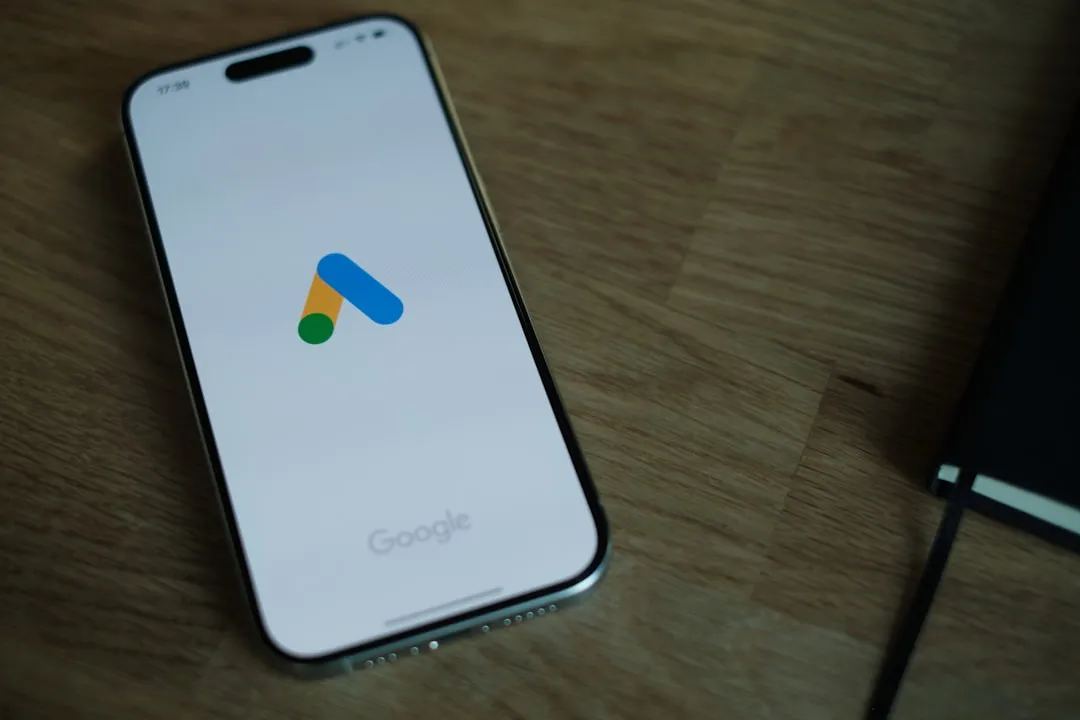

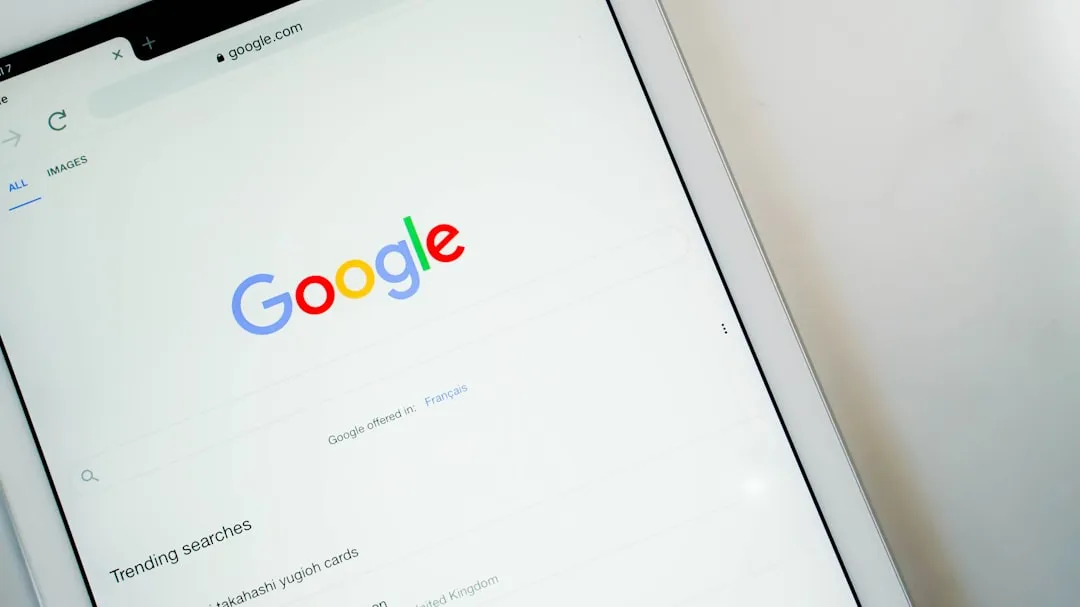
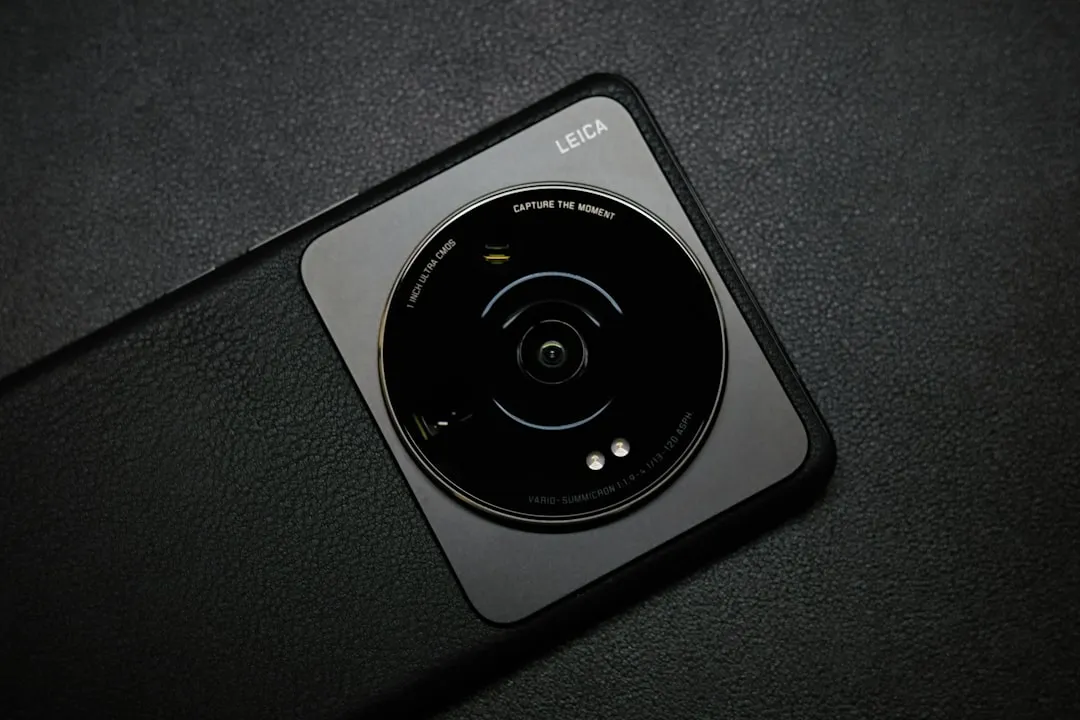


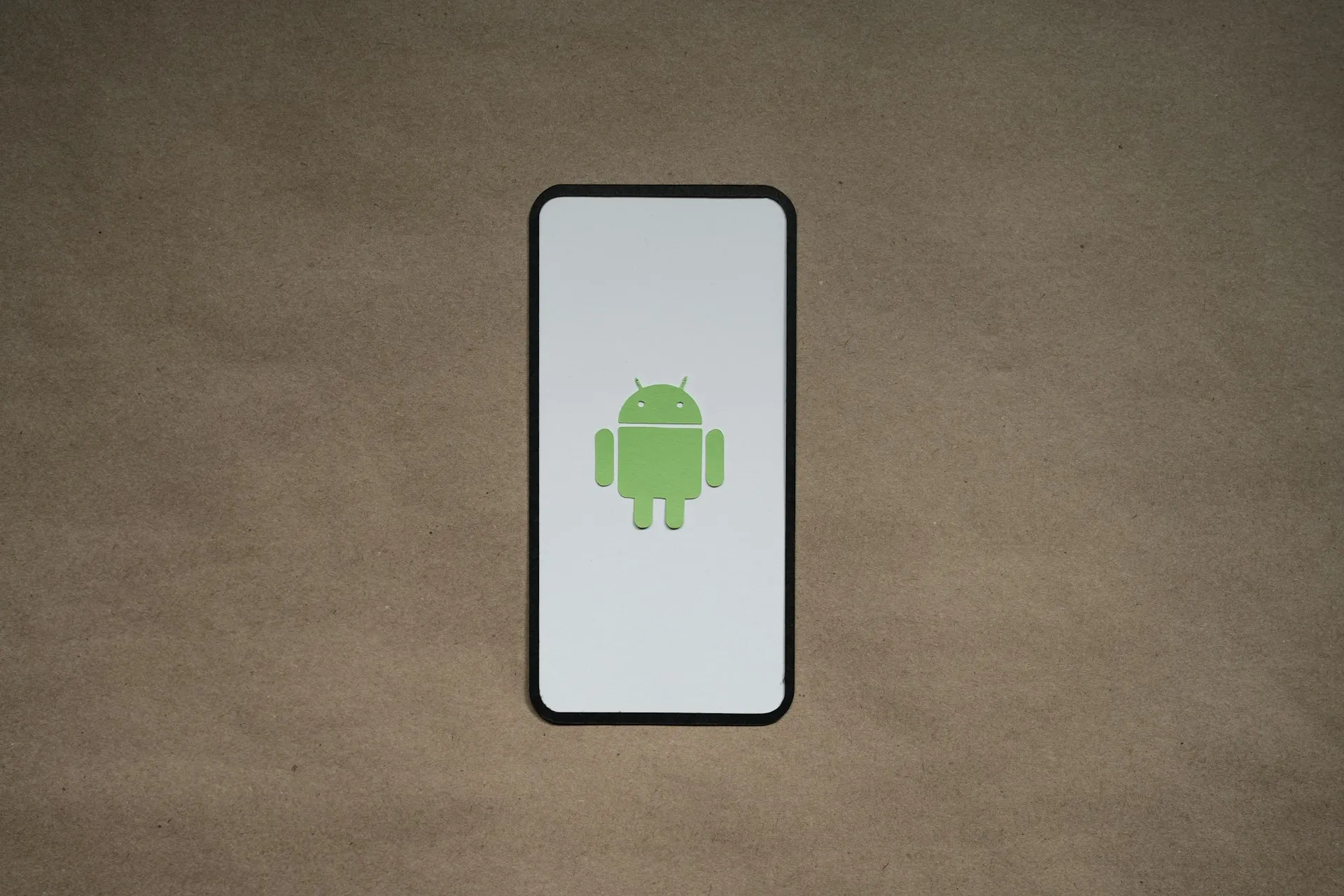

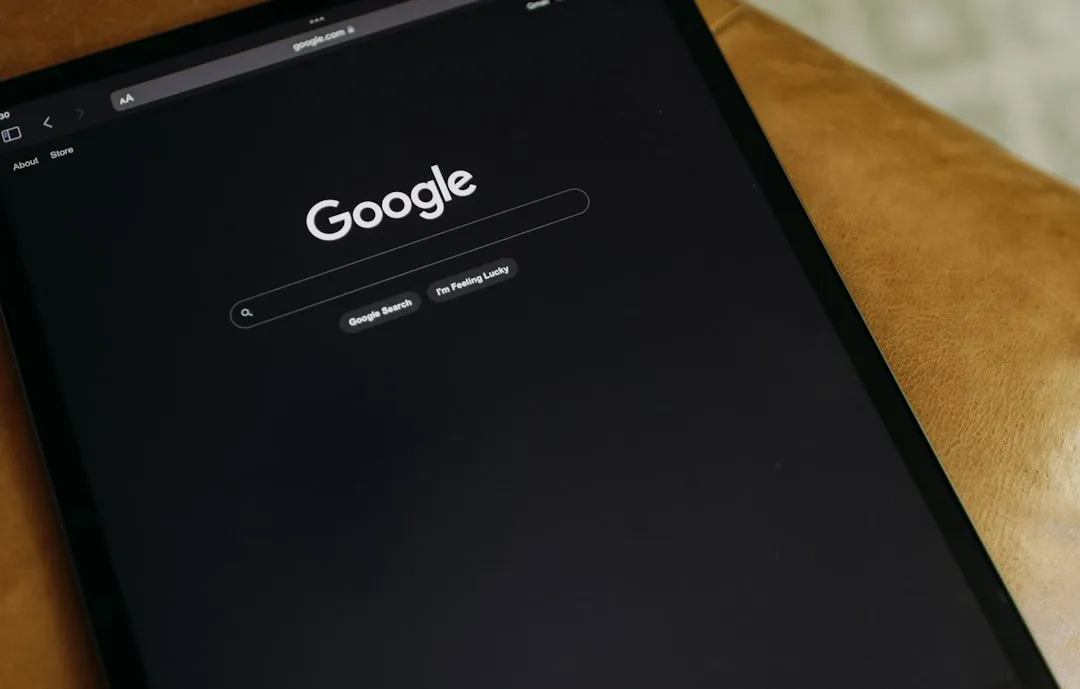









Comments
Be the first, drop a comment!